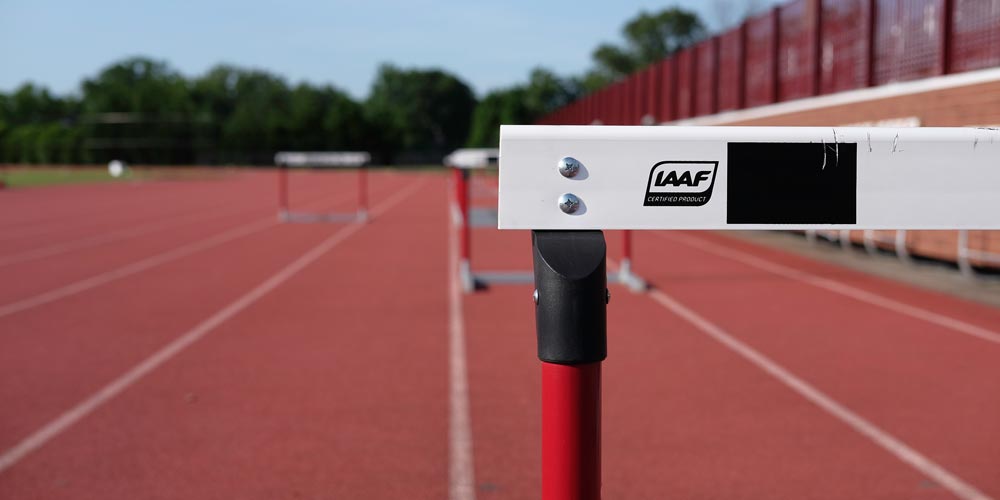
We just aren’t there yet.
At the start of my career, a senior colleague told me that clients would take me seriously as a woman with authority if I tied my hair back and wore makeup. This amused me; I believed my veterinary degree would provide sufficient credentials to have a valued, professional opinion. It confused me, too. A woman veterinarian was certainly not a new phenomenon in 2013. Most of my veterinary mentors before and during veterinary school were women. Most of my classmates and nearly all of my clinical coworkers were women. Did trust in my competence, ethics, and training really depend on my appearance?
Until that moment, I believed that the trailblazing women who came before me had solved it all – that I wouldn’t encounter the roadblocks or workplace harassment so many women still endure in other professions. But that woman-to-woman tip I received my first week on the job enlightened me: discrimination did not need to be overt for it to be oppressive, and this field still had a long way to go.
We have had this tiresome conversation for centuries, and for good reason. The standards for men and women continue to differ and the disparities continue to be obvious and problematic. We simply aren’t there yet and until we are, we cannot afford to not talk about it.
By the numbers
Over time, women have climbed the social ladder, attained fulfilling careers, and redefined motherhood on their terms. In the context of animal and global health careers, 80% of veterinary students and 60% of veterinary professionals in the United States are women. Women make up 75% of the global health workforce.
Yet, only 15% of the top executives in veterinary drug manufacturing are women. Only 25% of global health leadership positions are held by women. Most of the veterinary leadership positions are filled by men.
Some in the veterinary community feel it is a matter of time until women fill leadership positions, much like it was a matter of time to see a 70% increase in women veterinary students over nearly half a century. Some wonder whether it is a social aversion to women with confidence and assertiveness – un-hirable qualities perceived as arrogance and unfriendliness that challenge women’s expected agreeableness.
Whatever the reason, equal opportunity and representation are not standard (check out AVMA’s new graduate veterinary salary calculator, which factors in a $2,400 deduction from women veterinarians’ anticipated salaries). In a predominantly female profession, women have to negotiate harder and smarter to earn the same salary as men with the same training – a skill that can be perceived as disruptive and unladylike coming from women.
JAVMA News: Men must be deliberate about promoting gender equality
JAVMA News: Women leaders continue to build their ranks
A long way, still.
In 2018, sexism is still relevant, and talking about it still makes people uncomfortable. We vote, and we work alongside men. Isn’t that enough?
My question is this: Would men find this minimum standard satisfactory for themselves? It will be enough for me when it is the same. Until then, I will protest, question, and hold this field accountable. And I will call the shots on when I should be satisfied.
What more do I want? I want to not think about whether someone trusts me based on my appearance when I should be thinking of solving a public health issue or advocating for my patient. I want to know that my earning capacity equals that of my male colleagues because we took the same path to our veterinary careers and work equally hard and competently.
I want to write an editorial on a common-sense topic that is becoming more and more politicized and not worry about whether it will offend my readers or affect my career.
Additional resources
Women’s Veterinary Leadership Development Initiative
Women in Leadership and Management in Animal Health
Women in Global Health
USDA Women in Agriculture Mentoring Network
Questions, comments, feedback about today's Weekly Update? Please email Dr. Lauren Bernstein
Receive the Weekly Update right in your inbox on Tuesdays and Thursdays. Subscribe now at z.umn.edu/WeeklyUpdateSubscribe
